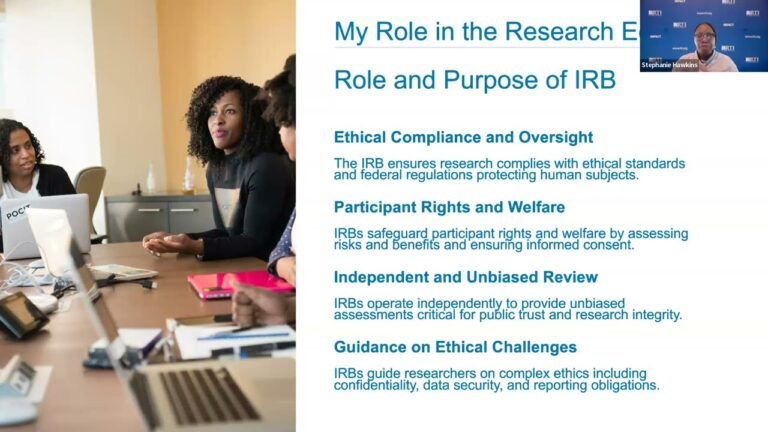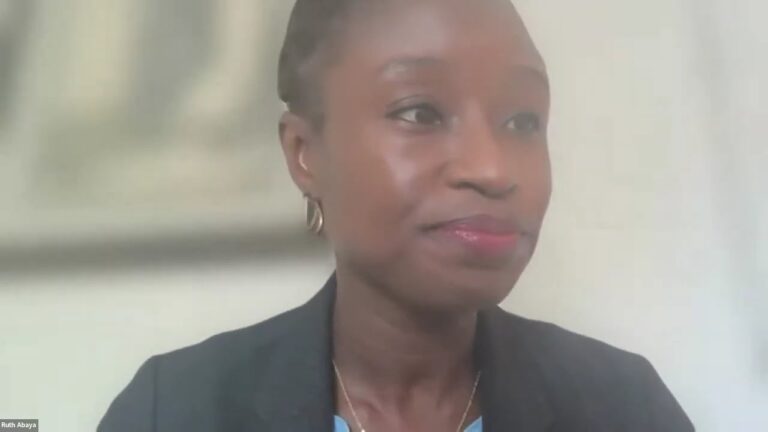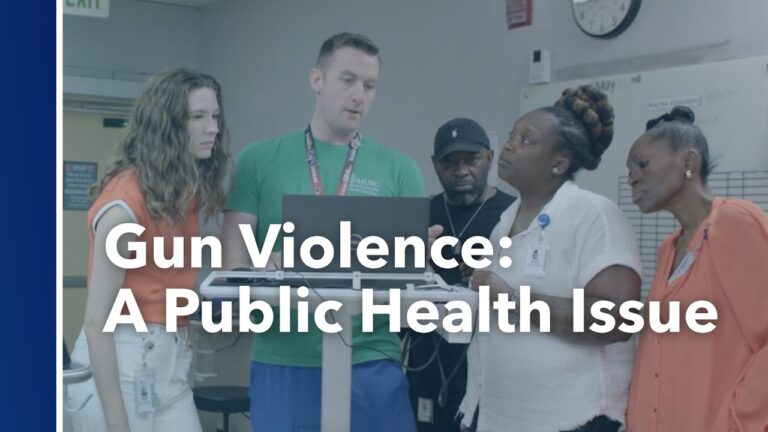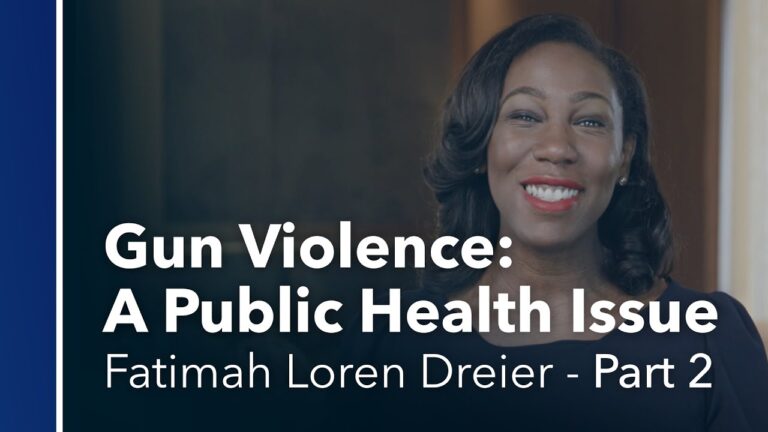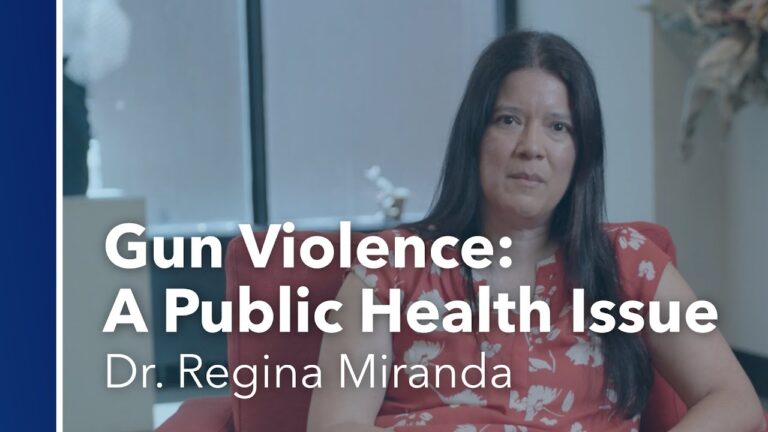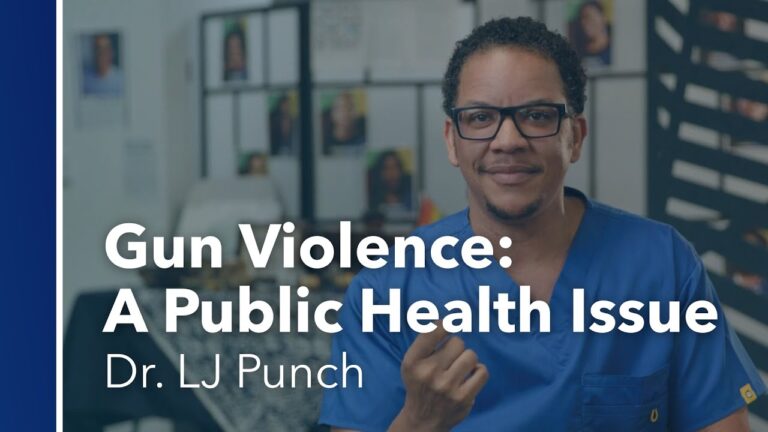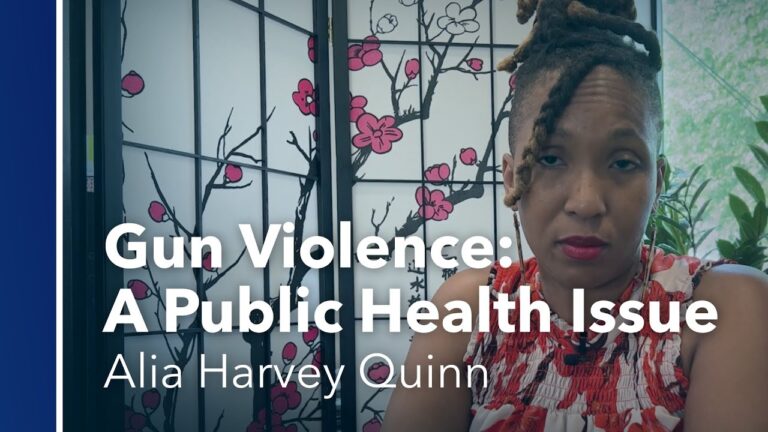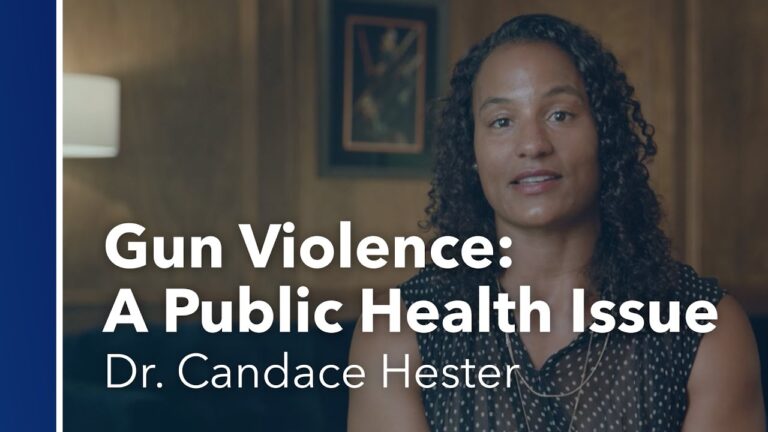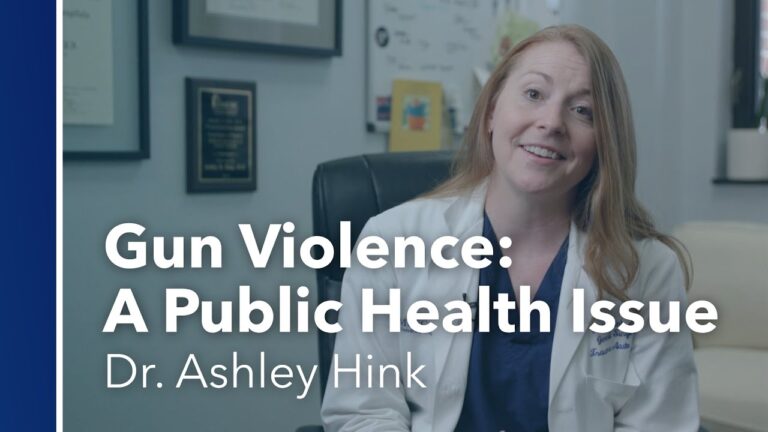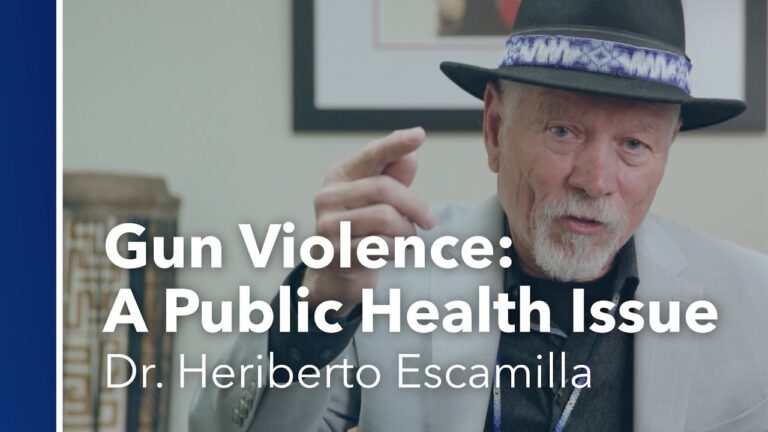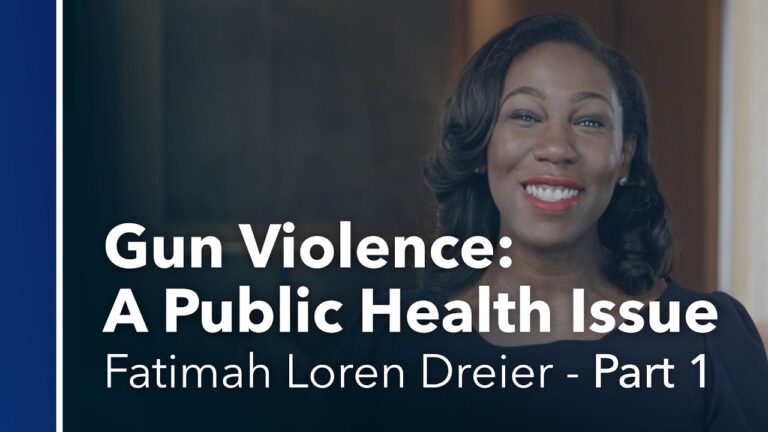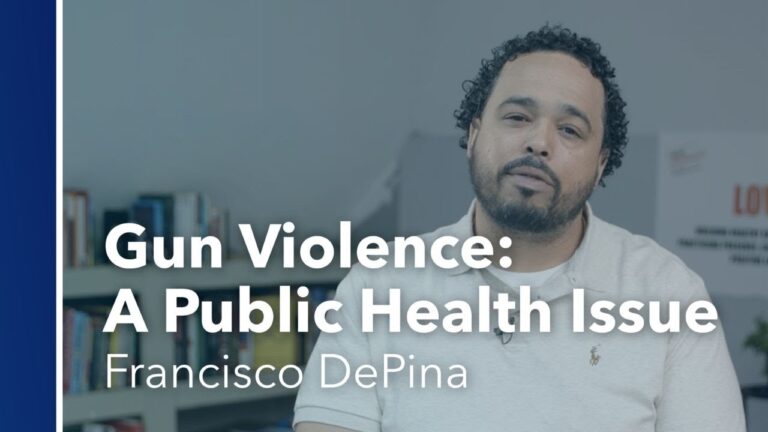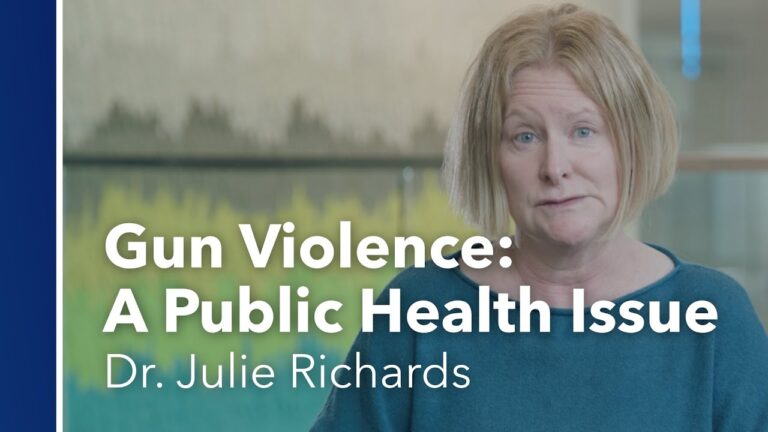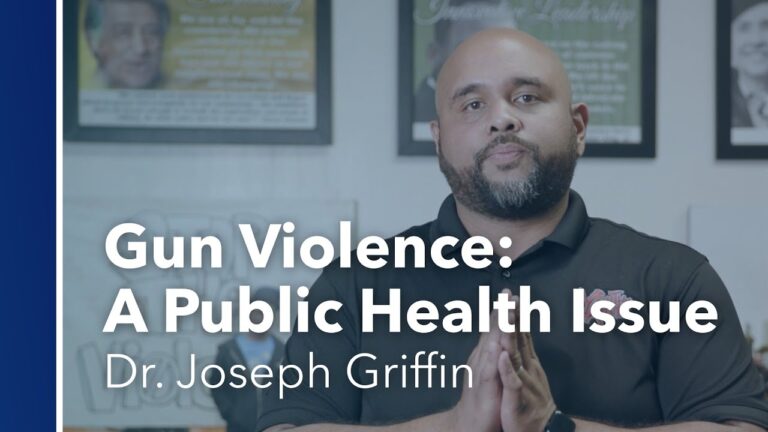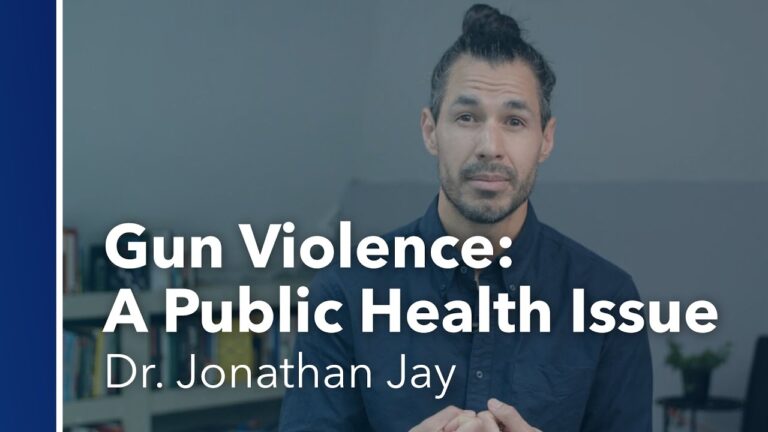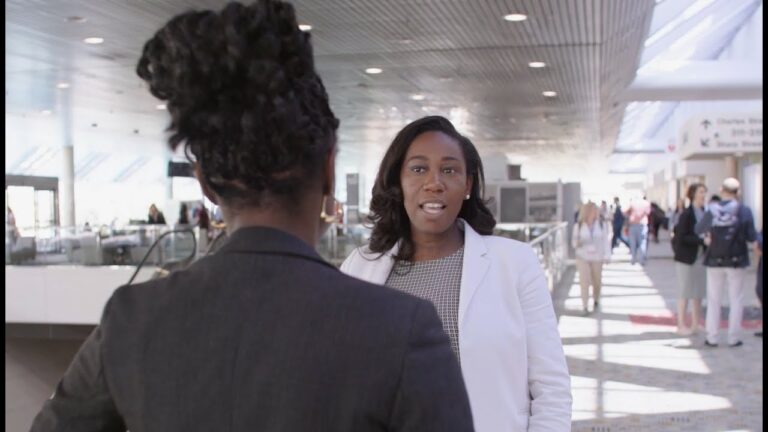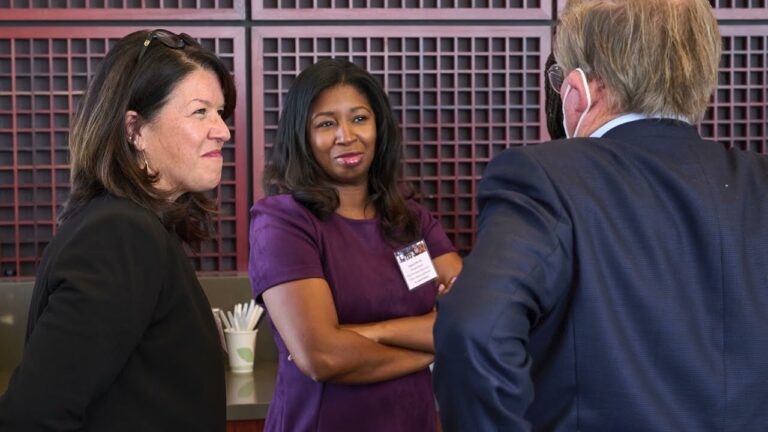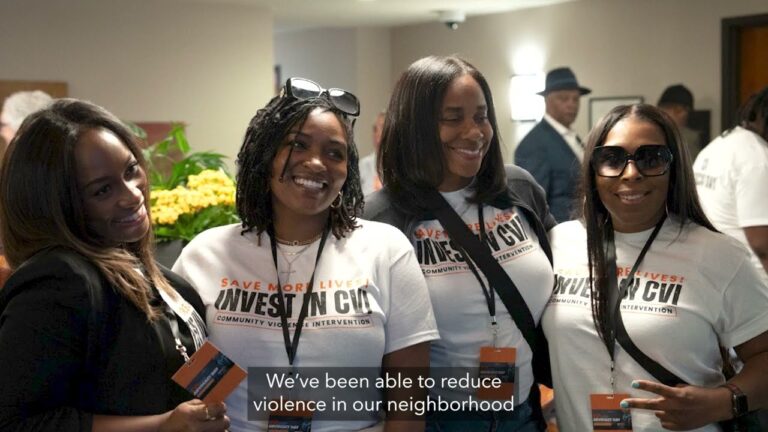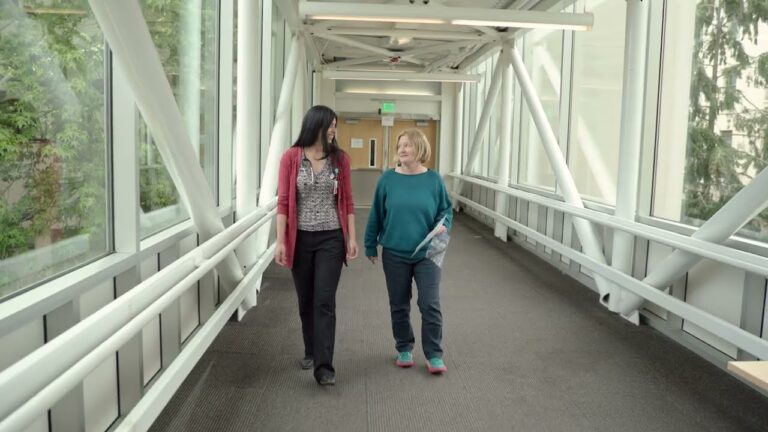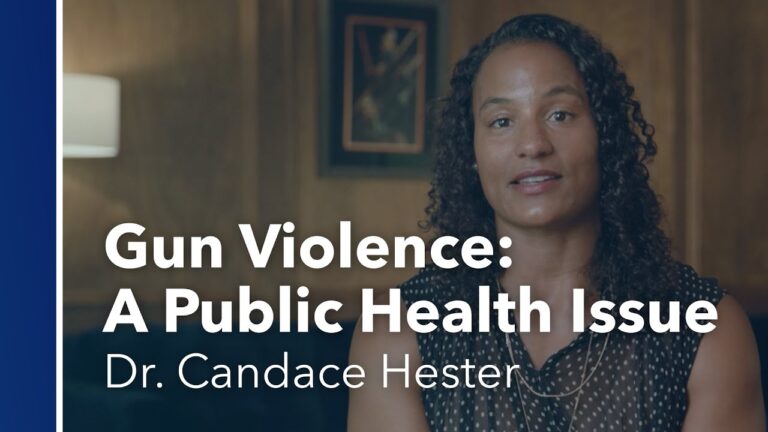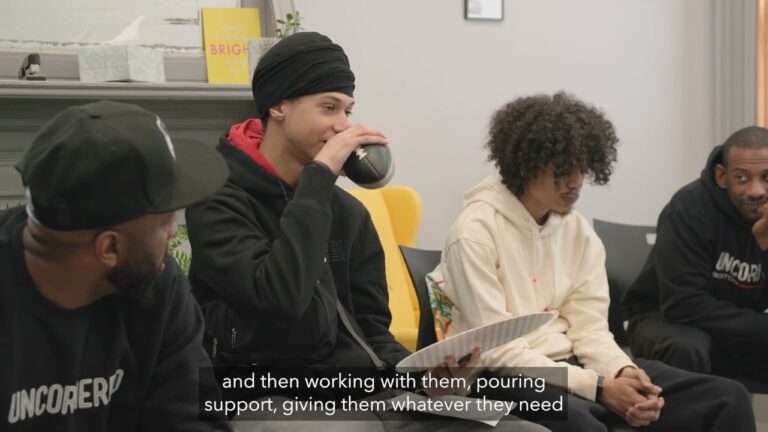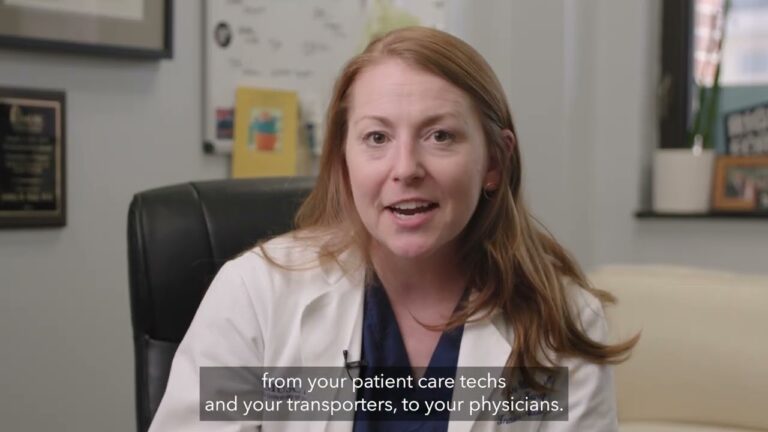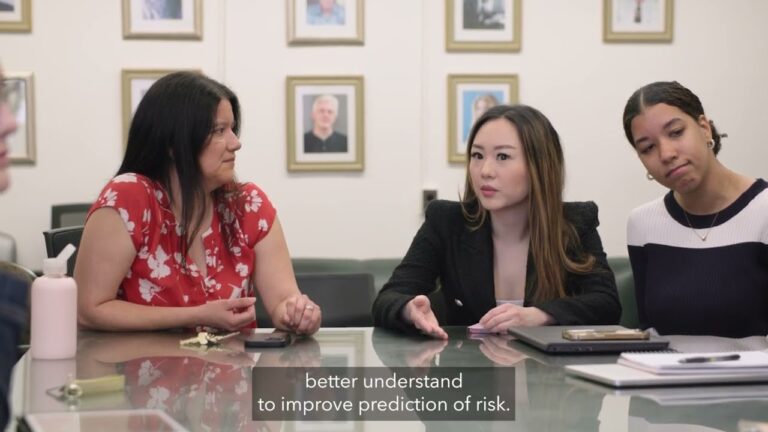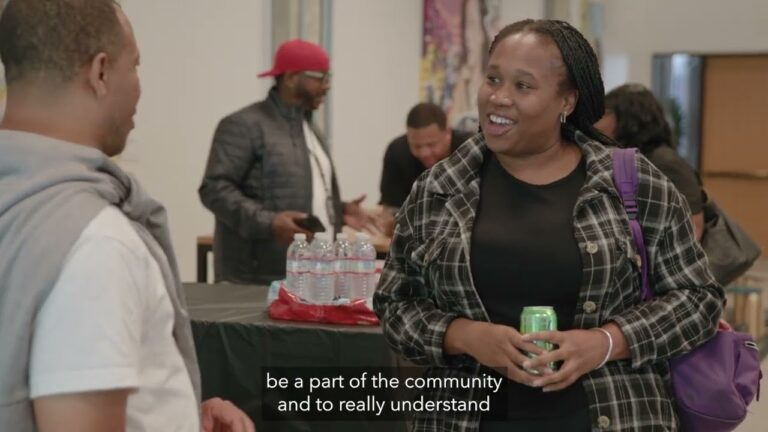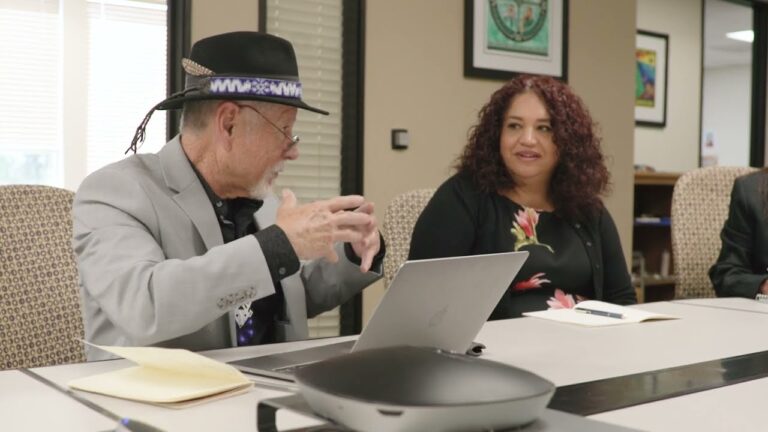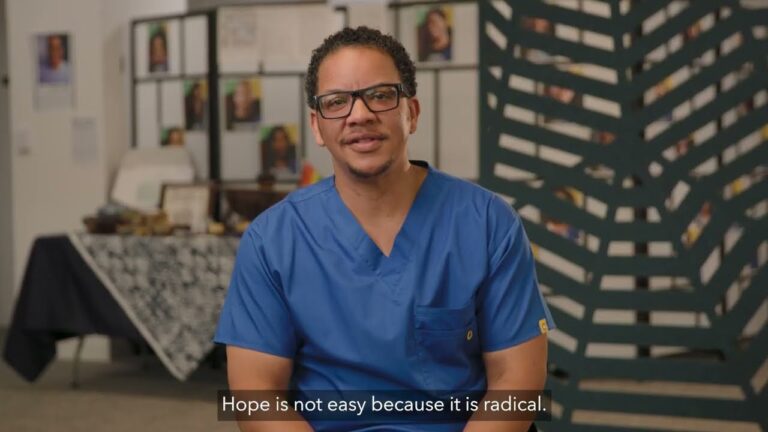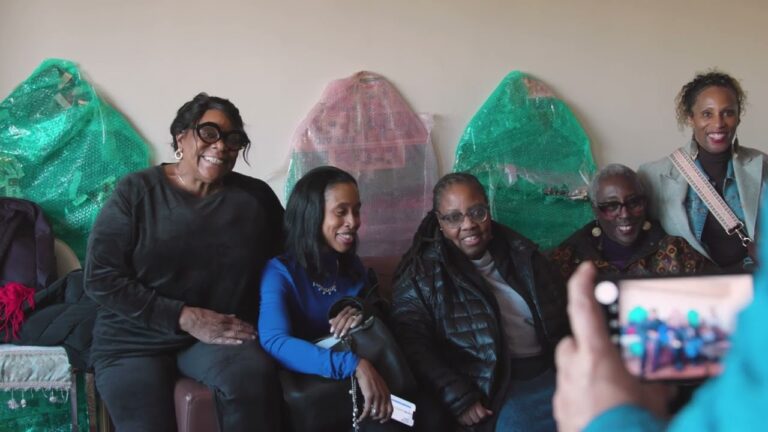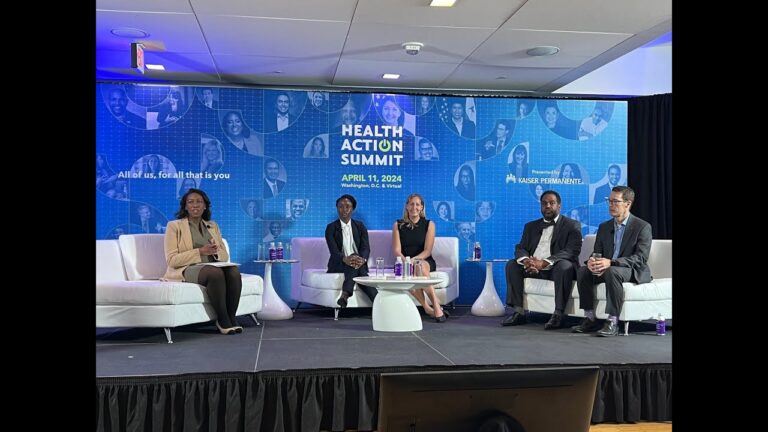Webinar | Navigating IRBs in Firearm Violence Research: What You Need to Know
Our experts in this session discuss when and why an Institutional Review Board (IRB) is needed; IRB processes, requirements, and timelines; how IRBs can facilitate or hinder equity in research, and unique considerations for working with an IRB when doing firearm injury research and community-based work.
Webinar | Lessons from the Field: Grantee Lightning Talks
“Lessons from the Field: Grantee Lightning Talks” features the Center’s grantees from across the country sharing real-world insights, challenges, and solutions for preventing firearm-related violence.
Scientists and Community Leaders Working to End Gun Violence
Researchers, community leaders, and frontline violence prevention professionals agree - gun violence is a public health issue that can be prevented. Together, we can end gun violence with solutions that heal trauma and foster equitable access to social and economic opportunities in the most impacted communities.
Fatimah Loren Dreier, Kaiser Permanente Center for Gun Violence Research and Education (Part 2)
“Witnessing violence, seeing violence every day – the trauma impacts people. We're expanding beyond routine care to set people on paths towards health, healing, and thriving.”
Dr. Regina Miranda, Hunter College
“More than a third of firearm deaths among adolescents are suicide-related…so we’ve been focused on improv[ing] clinical assessments and thinking more holistically about the circumstances that lead to gun violence and suicide.”
Dr. LJ Punch, the BRIC (Bullet Related Injury Clinic)
“Any time a society has tens of thousands of people experiencing [an] injury directly, and hundreds of thousands experiencing it indirectly, you have got a problem that will fundamentally shift the health of the community as much as lead in the water.”
Alia Harvey-Quinn, FORCE Detroit
“The evidence suggests there are solutions [to gun violence] that don't involve the carceral system and do involve empathy, mental health support, and peer-based outreach,”
Dr. Candace Hester, American Institutes for Research
“A public health approach [to preventing gun violence] means addressing long-standing inequities, to get at the root of the problem.”
Dr. Ashley Hink, Medical University of South Carolina
“Gun violence is no different than a lot of other public health problems - we know its causes and risk factors, and there are ways to mitigate all of these things.”
Dr. Heriberto Escamilla, National Compadres Network
“When somebody picks up a gun and uses it, it affects his or her family, their children, their parents, their relatives…It's a public health and well-being problem.”
Fatimah Loren Dreier, Kaiser Permanente Center for Gun Violence Research and Education (Part 1)
“Typically, gun violence is seen as a criminal justice issue. At the Center, we see violence as a public health crisis, a public health emergency - one that requires the engagement of the health sector [to solve it]."
Francisco DePina, Uncornered
“Gun violence is a health issue—like in communities where I come from, there’s a lack of education, of opportunities, of health. We need time to heal. And once we heal, we can learn. We can be successful."
Dr. Julie Richards, Kaiser Permanente Washington Health Research Institute
“Gun violence is a public health issue because it's the number one way that children and young adults are currently dying. It's also the number one way that people die by suicide.”
Dr. Joe Griffin, Youth ALIVE!
“Addressing gun violence as a public health issue requires that we start figuring out - are there conditions and factors that we can address that help prevent this from happening?”
Dr. Jonathan Jay, Boston University School of Public Health
“People who have themselves been harmed are more likely to cause harm in the future. And criminalization alone does not work to interrupt those cycles [of trauma].”
Fatimah Loren Dreier, Kaiser Permanente Center for Gun Violence Research and Education
Fatimah Loren Dreier discusses the Center’s work to transform gun violence research and education through scientific discovery and community partnerships that advance health-focused solutions.
Dr. Angelina Ruffin, Kaiser Permanente Center for Gun Violence Research and Education
Dr. Angelina Ruffin reflects on the Center’s equitable grantmaking efforts, which focus on supporting community-driven research and interventions.
FORCE Detroit
FORCE Detroit addresses root causes of violence and is evaluating its community violence intervention programming with support from the Center.
Dr. Julie Richards, Kaiser Permanente Washington Health Research Institute
Dr. Julie Richards focuses on integrating suicide prevention into health care settings, including engaging firearm owners in safety interventions.
Dr. Candace Hester, American Institutes for Research
Dr. Candace Hester leads research and evaluation of programs and policies that address root causes of violence and promote equity.
Uncornered
Uncornered is collaborating with Dr. Jonathan Jay at Boston University to study its data and relationship-driven approach to violence reduction.
Medical University of South Carolina, Turning the Tide Violence Intervention Program
Turning the Tide is a hospital-based violence intervention program that supports patients through case management and community services.
Dr. Regina Miranda, Hunter College
Dr. Miranda’s research focuses on youth suicide prevention and risk assessment, examining thought processes that lead to suicidal ideation.
Youth ALIVE!
Youth ALIVE! combines prevention, intervention, healing, and advocacy to empower youth impacted by violence to heal and lead their communities.
National Compadres Network
National Compadres Network promotes equity and is supporting community violence interventionists as they work to advance healing.
The Bullet Related Injury Clinic (BRIC)
The BRIC in St. Louis provides trauma-informed, culturally competent care to gunshot victims and their families.
Dr. Desmond Upton Patton, University of Pennsylvania
As the director of SAFELab, Dr. Patton explores social media’s role in youth grief and violence and how it can foster hope and healing.
“Addressing Gun Violence Through Equitable Research and Collaboration” Panel
At Kaiser Permanente's Health Action Summit on April 11, 2024, Fatimah Loren Dreier moderated a panel on "Addressing Gun Violence Through Equitable Research and Collaboration." Panelists included experts from Children’s Hospital of Philadelphia, Pew Charitable Trusts, University of Maryland, and Johns Hopkins.

